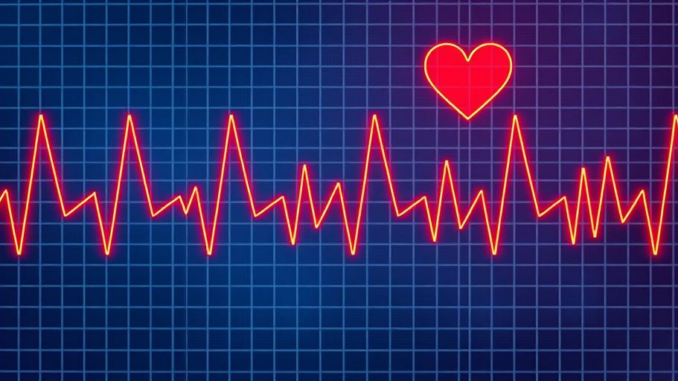
Summary
This article explores the groundbreaking ECG-LM model, developed by researchers at Tsinghua University and Beijing Tsinghua Changgung Hospital. This innovative approach uses large language models (LLMs) to analyze ECG data alongside patient information, resulting in more accurate and context-aware diagnoses of heart conditions. The integration of AI with ECG technology promises to transform cardiovascular diagnostics, improving the efficiency, accuracy, and accessibility of heart disease detection.
Healthcare data growth can be overwhelming scale effortlessly with TrueNAS by Esdebe.
** Main Story**
AI is making serious waves in healthcare right now, and cardiology is definitely feeling the impact. I’m talking about a new AI approach cooked up by researchers at Tsinghua University and Beijing Tsinghua Changgung Hospital – it’s all set to shake up how we read electrocardiogram (ECG) data. Think faster, more spot-on heart disease diagnoses. This isn’t just some incremental improvement; it’s a whole new ballgame. They’re calling it ECG-LM, and it’s using the power of large language models (LLMs) to dig into those complex ECG signals. But here’s the kicker: it doesn’t just look at the ECG in isolation. No, it also factors in patient history, symptoms – you name it. This more ‘complete’ picture means more accurate diagnoses, and that’s a win for everyone.
The Smart Way to Read ECGs
Now, let’s be real, reading ECGs isn’t always a walk in the park. Even experienced cardiologists can have a tough time and you know, sometimes small mistakes can happen. And, these mistakes can lead to serious problems down the line. This is particularly worrying when you think about areas where there aren’t many trained specialists. Deep learning has shown some promise, sure, but the challenge has always been to combine ECG data with all that other patient information. Well, ECG-LM tackles this head-on. By using LLMs, it allows for a more holistic analysis. The model was trained on a HUGE dataset of ECG readings matched with clinical data. So, it’s been able to learn those subtle patterns and connections we might miss. It’s about getting a deeper understanding of the patient’s cardiovascular health, and that means more accurate and personalized diagnoses. Makes sense, right?
Changing How We Find and Treat Heart Problems
What does this all mean? Well, it goes way beyond just better diagnoses. By automating ECG analysis, this AI-powered approach can make heart disease diagnosis much faster. Think about busy hospitals, or even areas where it’s hard to see a specialist – it could be huge, right? Plus, faster diagnosis means quicker treatment. And quicker treatment has a big impact on how patients do. But here’s something else to think about. AI can make quality cardiac care more available, especially in places that don’t have a lot of resources. By giving healthcare providers a tool that’s both efficient and accurate, ECG-LM helps them take better care of their patients, no matter where they are.
What’s Next? AI and Our Hearts
ECG-LM is a big step forward for AI in healthcare. It’s not just about automating tasks; it’s about making healthcare professionals even better at what they do. As AI keeps getting better, I think we’ll see it pop up in more and more areas of cardiology. Things like predicting risk, spotting problems early, and even creating personalized treatment plans. The future of cardiology? It’s probably a team effort, with AI and human doctors working together to give patients the best care possible. AI tools can help cardiologists by looking at complex data, finding those hidden patterns, and giving insights that might be missed by human eyes. This partnership can lead to more accurate diagnoses, smoother workflows, and, most importantly, better results for patients. Plus, AI can help create treatment plans based on each patient’s unique situation and risk factors. Not only that, but, AI can also help monitor patients remotely, so problems can be caught early. I mean, the potential of AI in cardiology is huge; it could really change how we treat heart disease and make a real difference in people’s lives.


Be the first to comment